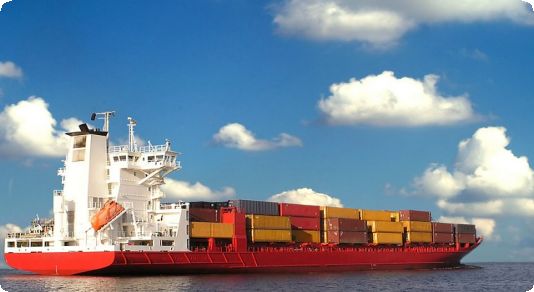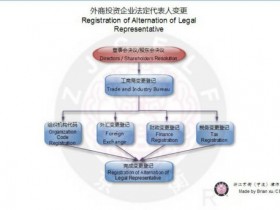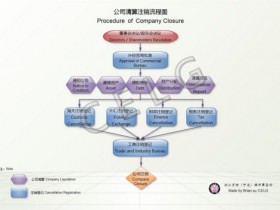Maritime lawyer: Demurrage in international sea transportation
Written by Brian Xu and Chen liu

Introduction
Last few decades saw the explosion of international trade, which makes the carriage of goods by sea become increasingly significant, among which 90% of the goods are delivered in containers. When the carrier, either directly or through an agent, concludes the contract of carriage with the shipper, there would always be an article about the laytime confirming the period of time within which the loading or discharging operation is required to be completed, and it would always be followed by an article on demurrage or damages for detention calculating the compensation that the shipper should pay to the carrier when the laytime period and reasonable margin are exceeded. It is extremely frequent for the demurrage to happen in the situations where the consignee in the destination port disappears or refuses to take delivery of the goods on account of the defective goods.
Legal suggestion
1. Obligee and obligor
In practice, considering the long-period relationship of cooperation, carrier always claims such demurrage towards the agent of shipper in loading port and the agent claims recompensation from his principal, i.e. the shipper, however, demurrage is a kind of matter under the carriage contract rather than the agency contract, of which the parties are carrier and the actual shipper. Moreover, bill of lading, the conclusive evidence against third party, for instance the consignee, in the hand of carrier always contains an article bringing the obligation of all fees including the demurrage, to the consignee when he is in breach of the contract, failing to take delivery of the total of partial goods as an example. Taking the relativity of contract into consideration, which prevails among B/L、carriage contract and agency contract, should be discussed according to different facts in different cases.
2. Obligation to mitigate the loss
When the carrier or agent claims demurrage, he firstly has the burden of proof to certify the actual loss, which would be sufficed by evidence of the actual state of the containers or the certificate of payment. Most important of all, he should prove that he has already done his best to prevent such loss from happening or to mitigate the loss when it is inevitable. In practice, both the carrier and the agent should perform their notify obligation reasonably without delay, such as notice of dispatch、notice of arrival. What is more, the carrier or the agent has the obligation to deal with the goods suitably when the consignee fails to take delivery immediately, or even expresses the jettison, for which auction, destroying or redelivering is needed. If the carrier or agent fails to perform due diligence, it is possible for the court to dismiss his claim on payment of demurrage.
3. Assessment of demurrage
The next question is whether the amount of demurrage could be determined in advance and which level of amount could be treated as reasonable. The law keeps silent on the amount of demurrage and different owners of containers have their own figures on their website or the carriage contract depending on the value of the containers or the practice of different ports. Although the amount expressed in the carriage contract is accepted by law on account that it is the true intention of the parties, the court should make the judgement on whether it is obviously unfair. In practice, some judges hold the opinion that the assessment of demurrage should take the available profit in the future into consideration for the reason that shipper with adequate experiences of shipping trade, is possible to realise the probability that unpunctual redelivery may prejudice subsequent charterparty. However, others take a radically different point of view that profits on the subsequent fixture are too remote for the shipper to consider and it is impossible for him to accept responsibility fo such risk of loss in advance. Therefore, 1.5 times of the value of the container would be a reasonable amount, but calculating the value of the container would be another question choosing from the purchase price and the market price regarding the time of purchase、period of usage and the actual condition of the container.
------------------------------------------------------------------------------------
Brian Xu Partner / Attorney at law
Maritime and International Trade Lawyer
Capital Equity Legal Group Ningbo Firm
Mobile: (+86)13777941923
Email: xuhuiwen@celg.cn
ADD:5F, 15Building, Hi-tech Zone, Ningbo, China
- 我的微信
- 这是我的微信扫一扫
-

- 我的微信公众号
- 我的微信公众号扫一扫
-






您可以选择一种方式赞助本站
支付宝扫一扫赞助
微信钱包扫描赞助
我